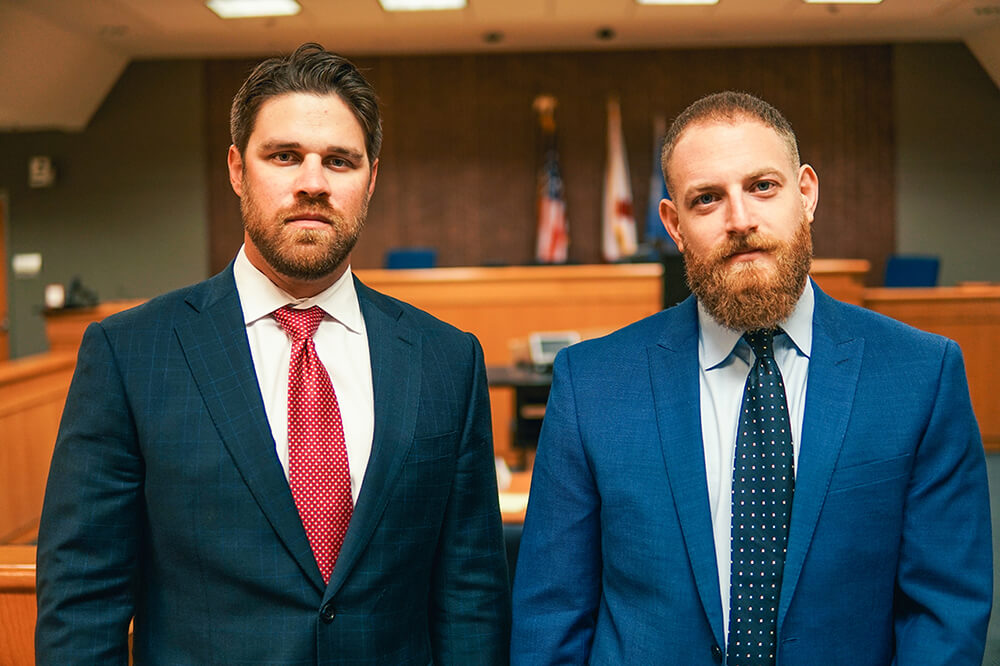When an individual is arrested they are typically entitled to a bond. Bond allows an individual who is arrested to be released from jail until his or her case is completed. A “bond” is an amount of money an individual must pay in order to be released from jail for the purpose of ensuring their appearance in court.
A bond hearing initially takes place within 24 hours from the time an individual is arrested. This hearing is called a “First Appearance Hearing” or “Bond Hearing.” At this hearing, the Judge will inform you of the charges you are facing and will determine whether or not law enforcement had “probable cause” to charge you with said crimes. Probable cause is found when:
“facts and circumstances within the police officer’s knowledge would lead a reasonable person to believe that the suspect has committed a crime. Probable cause must come from specific facts and circumstances, rather than simply from the officer’s hunch or suspicion.”
If the Judge determines that there was no probable cause, the individual who was arrested will be “released on their own recognizance” (also known as “ROR”). This does not mean the case is over. It just means that the initial Judge does not believe there was probable cause for law enforcement to arrest you. The government can still file charges down the road.
If the Judge determines that there was probable cause, the Judge will then determine the conditions for the individual’s release. It is important to note that you are not entitled to a bond if you were arrested for a capital offense (an offense where you are facing life in prison) or for violating your probation.
As previously noted, A “bond” is an amount of money an individual must pay in order to be released from jail for the purpose of ensuring their appearance in court. The law states that the bond being imposed must be reasonable. However, Judges often will elevate a bond and impose other restrictions such as “house arrest” based on the crime one was arrested for or the individual’s past criminal conduct. Elevated bonds often are unreasonable and can lead to an individual being stuck in jail. Therefore, if you or a loved one are charged with a crime, and you do feel like your bond conditions are unreasonable, it is important that you speak with experience attorneys such as Anthony Bruno & Peter Schoenthal.

Hi, this is a comment.
To get started with moderating, editing, and deleting comments, please visit the Comments screen in the dashboard.
Commenter avatars come from Gravatar.